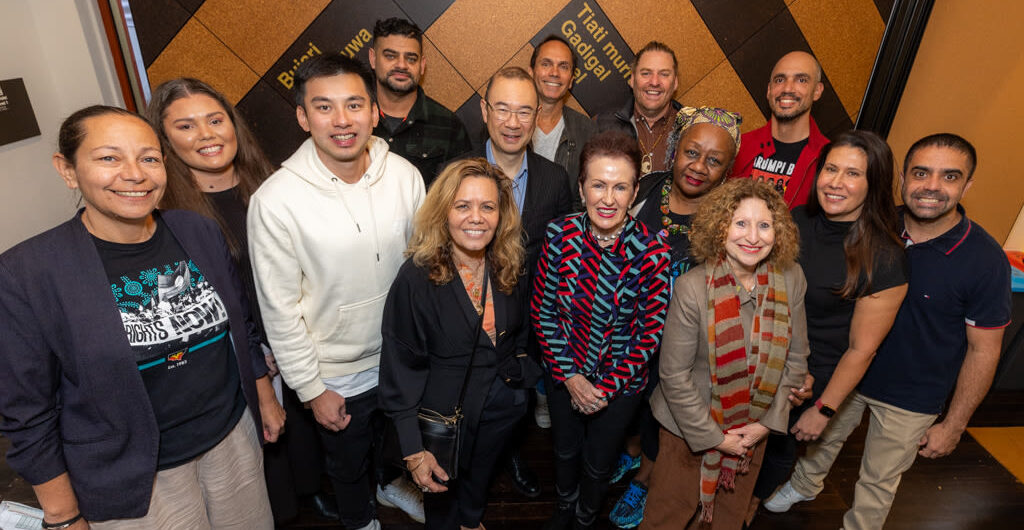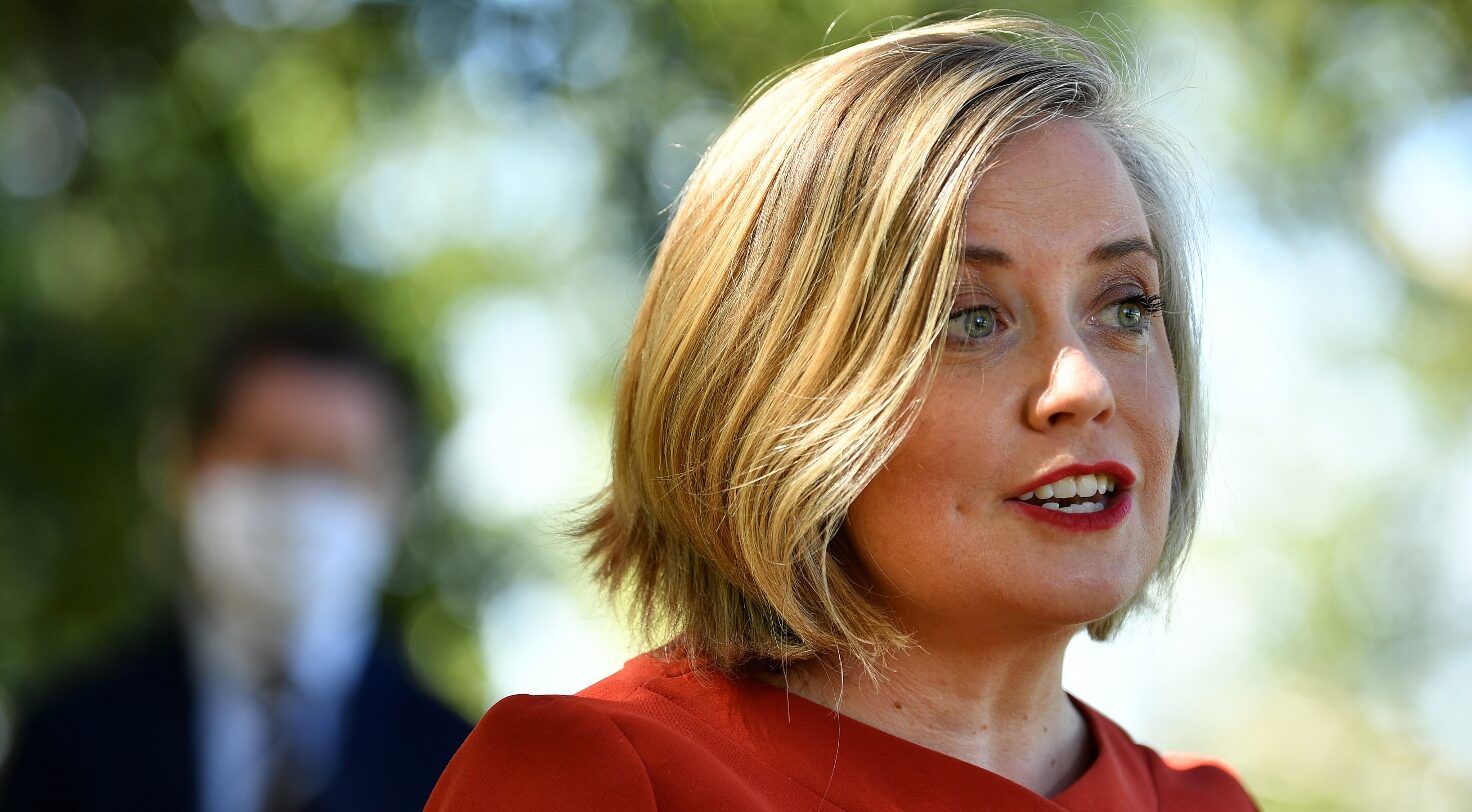
Sydneysiders hamstrung by climate fear
BY PATRICK BILLINGS
Nobody ever said being green was going to be easy. And if anybody thought it was, the doom and gloom warnings and nightly news reports on climate change have put those hopes to bed.
As warnings become increasingly dire, the situation all the more drastic and the efforts needed more immense, people are feeling progressively powerless.
‘We believe that the public is currently overwhelmed… and see climate change as something that is largely out of their control,’ said director of the Sustainable Communities and Environment Unit at Ipsos Eureka, Jasmine Hoye.
‘People are saying I unplug all my electrical appliances before I go to bed and I don’t know what else to do’.’
In their Third Annual Climate Change Survey the international research institute surveyed 1000 Australians and found there was a growing disinterest in climate change. Only 46 per cent of Australians selected ‘climate change’ as an issue worth tackling if they were in charge of making decisions for Australia. This was down for 55 per cent in 2007.
Despite vigorous focus on the issue since taking power almost one year ago, the survey’s results imply the Prime Minister’s message about global warming ‘ ‘the defining challenge of our generation’ ‘ is not sinking in.
Ms Hoye said the deluge of information may be reaching saturation point and switching people off. Despite the Garnaut Report and intense media coverage of global warming, less than one in five Australians could name a specific cause of climate change, the lowest result since the survey began.
Ms Hoye said other global events were overtaking concern about climate change.
‘When issues like the global financial crisis occur people kick in to survival mode and climate change becomes more of a side issue,’ she said.
But sinking South Pacific islands and enviro-warriors should not lose heart just yet. While only 17 per cent of respondents nominated car emissions as a cause of climate change, down from 35 per cent in 2006, 90 per cent did express some concern about global warming and there was a small increase in the proportion of Australians claiming they are trying to reduce the greenhouse emissions they produce in their day to day lives.
Ms Hoye said two thirds of Australians were interested in knowing more about how they could reduce their carbon footprint. She said along with using financial incentives the government needed to provide feedback to people about how their decisions would positively impact the environment.
‘It is essential that the community receives ongoing feedback to keep climate change relevant in our day to day lives and to increase its tangibility in the minds of Australians.’
Tony Mohr from the Australian Conservation Fund believes the Federal Government is committed to tackling climate change but said they need to supply more information about how reducing carbon emissions actually benefits the environment.
‘Climate change is truly global and this can be overwhelming, but there is enthusiasm from households. 778000 Australians are already buying ‘green’ power and the government could be doing a lot more to show the community what effect they are having.’
Among the overabundance of companies informing the corporate sector on how to become more ‘green’, there exist few for the community or individual consumer. Easy Being Green was formed in East Sydney in 2004 and has since been bought by ‘green’ power providers Jack Green. Namrata Agarwal, General Manager of Sales and Marketing, said their approach lies in reducing the financial barriers and confusion for consumers willing to make environmentally conscious decisions.
‘I think we are overwhelming people with too much information, you need to break down environmental goals into little steps,’ Ms Agarwal said.
In November, Easy Being Green will a launch a year-long environmental campaign on YouTube. Each week a new video will be released offering just one tip on how households can reduce their carbon emissions and save money in the process. Ms Agarwal said the strategy would allow consumers adequate time to absorb and become comfortable with a new ‘green’ way of doing things.
Both Ms Hoye and Ms Agarwal believed the arguments doubting the science of climate change were instilling a sense of doubt into Australians and were partly responsible for a drop in interest about global warming.
‘Everyone knows we are not using our resources efficiently and we are having a negative impact on our environment and that there is something we can do about it,’ Ms Agarwal argued.









